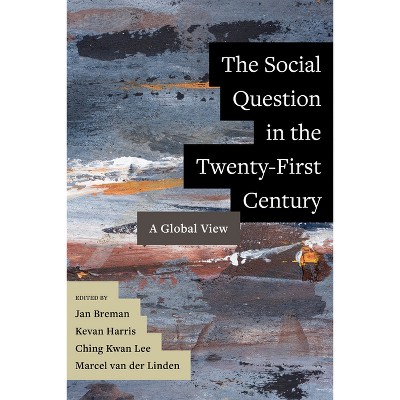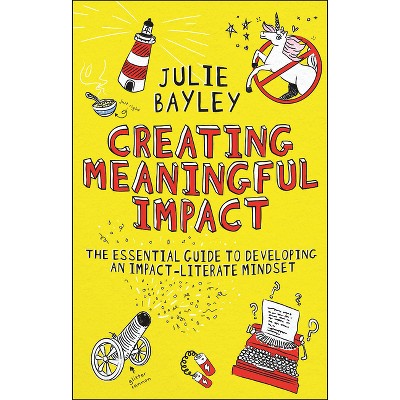The Labor Market Impact of Forced Displacement - by Jan Von Der Goltz & Kirsten Schuettler & Julie Bousquet (Paperback)

About this item
Highlights
- Communities that host refugees are often concerned about how their labor markets will change.
- About the Author: The World Bank came into formal existence in 1945 following the international ratification of the Bretton Woods agreements.
- 320 Pages
- Business + Money Management, Economics
Description
About the Book
When refugees arrive, host communities often worry what will happen to their jobs. While some may face losses, others find that new opportunities open up in host communities. This study looks at four developing countries to show who wins and who loses, how refugees and hosts interact, and what policies can support better jobs for both.
Book Synopsis
Communities that host refugees are often concerned about how their labor markets will change. Although high-income countries attract most policy attention, low- and middle-income countries host three of every four refugees worldwide. The Labor Market Impact of Forced Displacement: Jobs in Host Communities in Colombia, Ethiopia, Jordan, and Uganda seeks to address some of the key questions that arise in these host countries: How does forced displacement affect job outcomes for hosts? What effect do work permit schemes have? How does labor market competition influence attitudes? And what policies can support better job outcomes for hosts and refugees? To address these questions, the book relies on new primary data designed to study host community labor markets and on a careful comparative analysis of existing data. Its four focus countries represent low-income and middle-income economies as well as diverse policy contexts.In its key finding, The Labor Market Impact of Forced Displacement shows that across the focus countries, hosting refugees has modest or even positive overall labor market effects. In important instances, however, groups of host workers face adversity from greater labor market competition, while others benefit. The book explains how labor market restrictions rarely prevent refugees entirely from working but shape the type and quality of work they do, their contribution to the economy, and the effects of their participation on hosts. It shows that refugees matter not only as competitors but also as consumers, and it explains the importance of access to capital for hosts and refugees alike in economies where self-employment is key. It also discusses how hosts' concerns over labor market competition influence their attitudes toward refugees.The book seeks to provide a basis for more confident jobs policy making in host communities. It offers lessons on how to analyze local labor market characteristics that shape outcomes for refugees and hosts alike and on how to think about the likely effects of policies. It encourages policy makers to support workers who face negative impacts--and to proactively seize the opportunities likely to arise.About the Author
The World Bank came into formal existence in 1945 following the international ratification of the Bretton Woods agreements. It is a vital source of financial and technical assistance to developing countries around the world. The organization's activities are focused on education, health, agriculture and rural development, environmental protection, establishing and enforcing regulations, infrastructure development, governance and legal institutions development. The World Bank is made up of two unique development institutions owned by its 185 Member Countries. The International Bank for Reconstruction and Development (IBRD) focuses on middle income and creditworthy poor countries and the International Development Association (IDA), which focuses on the poorest countries in the world.











